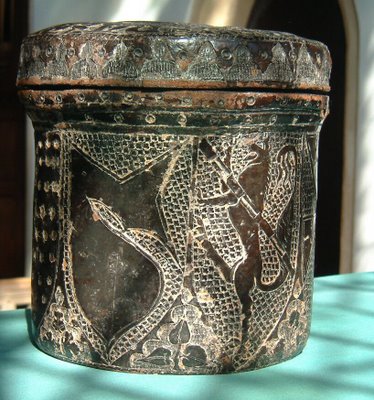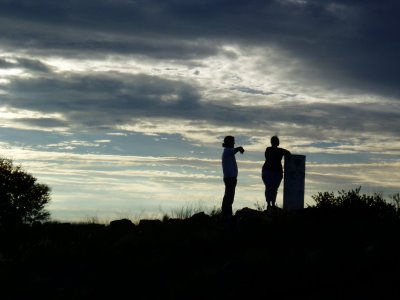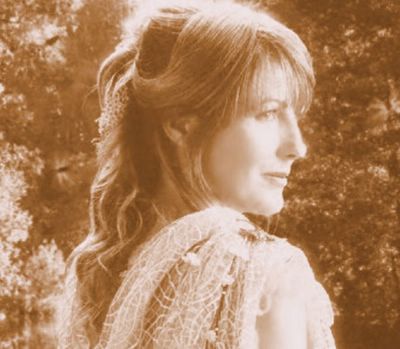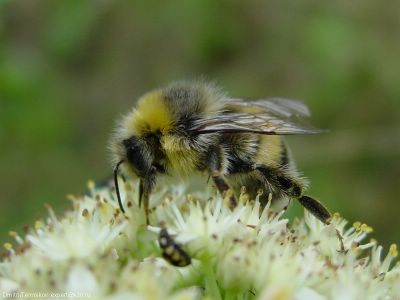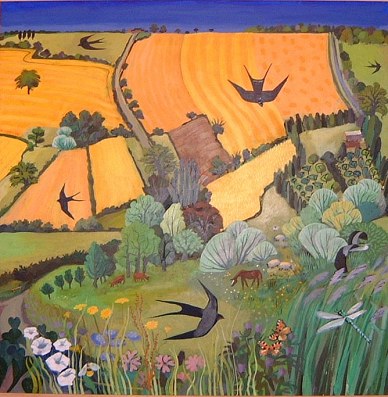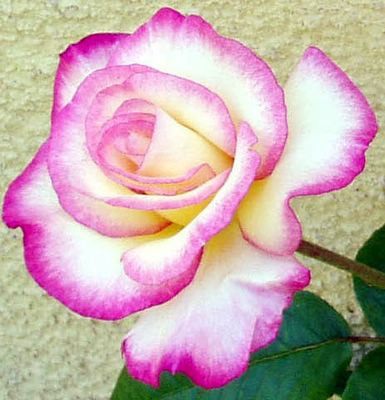
I met you first--ah, when did I first meet you?
When I was full of wonder, and innocent,
Standing meek-eyed with those of choric bent,
While dimming day grew dimmer
In the pulpit-glimmer.
Much riper in years I met you--in a temple
Where summer sunset streamed upon our shapes,
And you spread over me like a gauze that drapes,
And flapped from floor to rafters,
Sweet as angels' laughters.
But you had been stripped of some of your old vesture
By Monk, or another. Now you wore no frill,
And at first you startled me. But I knew you still,
Though I missed the minim's waver,
And the dotted quaver.
I grew accustomed to you thus. And you hailed me
Through one who evoked you often. Then at last
Your raiser was borne off, and I mourned you had passed
From my life with your late outsetter;
Till I said, "'Tis better!"
But you waylaid me. I rose and went as a ghost goes,
And said, eyes-full "I'll never hear it again!
It is overmuch for scathed and memoried men
When sitting among strange people
Under their steeple."
Now, a new stirrer of tones calls you up before me
And wakes your speech, as she of Endor did
(When sought by Saul who, in disguises hid,
Fell down on the earth to hear it)
Samuel's spirit.
So, your quired oracles beat till they make me tremble
As I discern your mien in the old attire,
Here in these turmoiled years of belligerent fire
Living still on--and onward, maybe,
Till Doom's great day be!
Sunday, August 13, 1916.

 We stood by a pond that winter day,
We stood by a pond that winter day,


